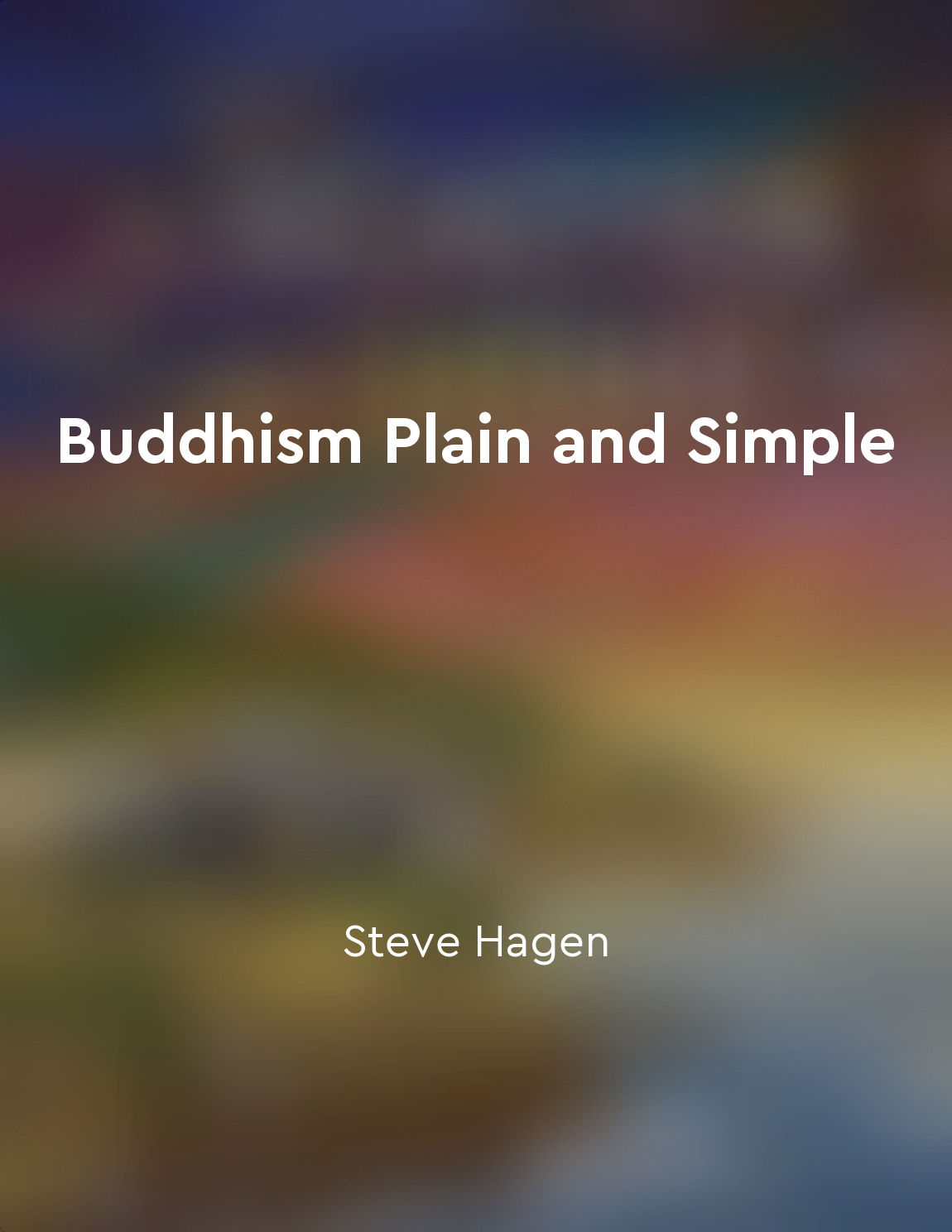Letting go of expectations and desires from "summary" of The Tao of Pooh by Benjamin Hoff
In the forest of the Hundred Acre Wood, the wise old bear named Pooh teaches us a valuable lesson in the art of living. He shows us that by letting go of expectations and desires, we can find true contentment and peace in our lives. Pooh's simple and carefree nature is a reflection of the Taoist philosophy, which emphasizes the importance of living in harmony with the natural flow of life. When we cling to expectations and desires, we create unnecessary stress and dissatisfaction for ourselves. We become consumed by thoughts of what we want and what we think should happen, rather than accepting things as they are. This resistance to the present moment causes us to miss out on the beauty and joy that surrounds us. By letting go of expectations and desires, we free ourselves from the burden of constantly striving for more. We learn to appreciate the simple pleasures in life and find contentment in the present moment. Pooh's love for honey and his enjoyment of small pleasures like playing with his friends show us that true happiness can be found in the smallest of things. In the Taoist tradition, there is a concept known as wu wei, which translates to "effortless action." This idea reminds us that we don't always have to force things to happen or try to control every aspect of our lives. Instead, we can trust in the natural flow of life and allow things to unfold as they are meant to. When we let go of expectations and desires, we open ourselves up to the endless possibilities that life has to offer. We become more flexible and adaptable, able to embrace change and uncertainty with grace and ease. Like Pooh, we learn to live in the present moment and appreciate the beauty of simply being. So, let us take a lesson from the wise old bear and practice the art of letting go. By releasing our attachment to expectations and desires, we can find peace, contentment, and true happiness in the here and now.Similar Posts

Silence the mind to find inner peace
When we sit down to meditate, we're not trying to make anything happen. We're simply sitting and paying attention to what's goi...
Confront your fears headon
When it comes to facing our fears, the natural instinct is usually to avoid them at all costs. However, this approach often lea...
Appreciating the wisdom in simplicity
In the Tao te Ching, written around the sixth century B.
C., Lao-tse says, "When we renounce learning, we have no troubles." W...
Return to the source, merge with the eternal
The concept of returning to the source and merging with the eternal is a fundamental principle in the Dao de Jing. It speaks to...
Cultivate a sense of spaciousness within
When we observe our minds, we often notice a lack of spaciousness. Our thoughts seem to be crowded together, jostling for atten...
Buddhism offers tools to overcome cognitive biases
The human mind is a complex and intricate system that is prone to various cognitive biases. These biases can lead us astray and...
